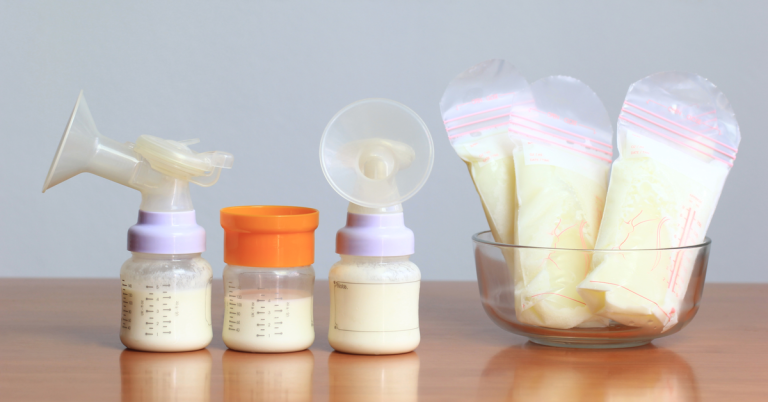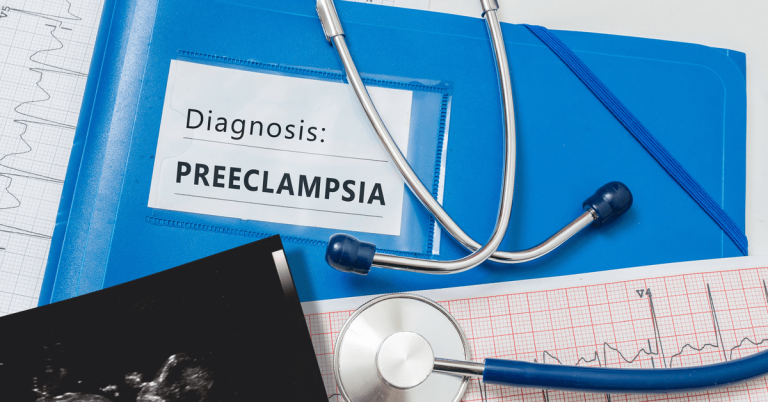For couples hoping to become parents, the journey can sometimes be challenging. Despite all efforts, natural conception may not occur, leading couples to consider in vitro fertilisation (IVF) as a solution. Here’s an overview to help you understand and navigate this process.
What is IVF?
As you may know, IVF is an assisted reproductive technique for couples unable to conceive naturally. It involves collecting reproductive cells from the prospective mum and dad, facilitating fertilisation in a laboratory, and then implanting the fertilised egg into the woman’s uterus.
How is IVF Performed?
Eggs are collected from the mum, and sperm from the dad. These cells are brought together in a lab to achieve fertilisation. The fertilised eggs develop into embryos, which are then implanted into the woman’s uterus. Once implanted, the pregnancy proceeds similarly to a natural conception.
Stages of IVF Treatment
- Information and Evaluation: The process starts with training and assessment. GPs provide prospective parents with comprehensive information about the procedures, treatment plan, medications, and other relevant details. Additionally, necessary tests are conducted to ensure the suitability and readiness for the treatment process.
- Stimulation and Formation of Eggs: Medications are administered to stimulate egg development in the woman’s ovaries, a process typically completed within 10-12 days. Regular visits to the GP are essential to monitor progress and ensure optimal results.
- Egg Retrieval: Once enough mature eggs are identified, a trigger shot is given, followed by egg retrieval after 36 hours. This procedure, performed under anaesthesia, takes 15-30 minutes.
- Fertilisation: Eggs and sperm are fertilised in a lab, and the best-quality embryos are selected for transfer.
- Embryo Transfer: Selected embryos are placed into the woman’s uterus. This procedure doesn’t require anaesthesia and takes about 5-10 minutes. The prospective mother rests for a few hours post-procedure.
Eligibility for IVF Treatment
IVF is suitable for individuals who have:
- Not conceived after 1 year of unprotected intercourse
- Diagnosed infertility
- Pelvic pain, endometriosis, or recurrent miscarriages
- Issues with sperm quality and mobility
- Genetic diseases hindering pregnancy
- Advanced age (35+)
Individuals with hormone issues, those in menopause, women who have had their uterus surgically removed, and men with no sperm production are not eligible.
Factors Affecting IVF Success
- Advanced age
- Excess weight
- Immune system issues
- Uterus and fallopian tube problems
- Diminished ovarian reserve
- Alcohol and tobacco use
- Excessive stress
- Poor nutrition
Age Limit for IVF
Women with a good ovarian reserve can undergo IVF up to age 45. However, success rates decrease significantly after age 35 due to the decline in egg quantity and quality.
Tips for Successful Treatment
- Follow the GP’s advice and take prescribed medications regularly.
- Drink about 2 litres of water daily, especially after egg retrieval.
- Maintain sexual abstinence for 2-3 days before egg retrieval.
- Avoid any medication without the GP’s recommendation.
- Eat a balanced, fibrous diet.
- Quit alcohol and tobacco use, and avoid cigarette smoke.
IVF treatment can be a crucial method for couples unable to conceive naturally. By conducting thorough research on IVF options, choosing the right centre, and following medical guidance, couples can increase their chances of a successful pregnancy and approach the journey with confidence and reduced stress.
Have a healthy day!







